Bursary support to postgraduate students at Stellenbosch University
“In South Africa, we see research and development as an important catalyst for growth in the economy."
Naledi Pandor, in her capacity as Minister of Science and Technology in November 2017.
Click on the names below to read more:
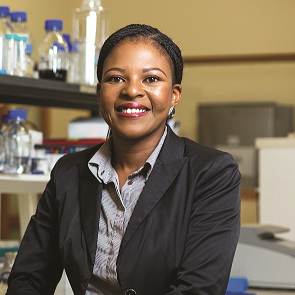 Dr Bali Sishi Snr Lecturer, Physiological Sciences, SU "Worrying about money as a student really affects your ability to focus." | 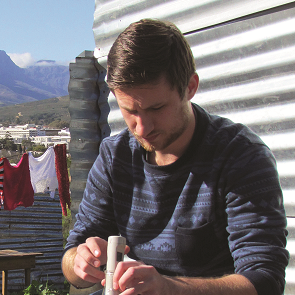 Mr Brandon Reyneke Doctoral student, SU "The most challenging aspects of being a student, especially in the early days, were adjusting to the workload and finding funding for my studies." | 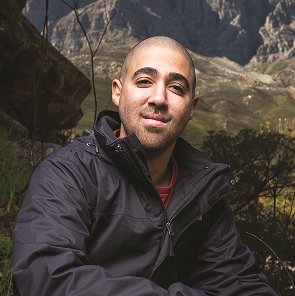 Dr Ethan Newman Claude Leon Postdoctoral Fellow, KZN "Bursary funding was the most significant component to my success as a postgraduate student." | 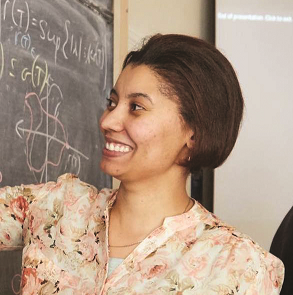 Dr Ronalda Benjamin Mathematics Lecturer, SU "It was love at first sight. There was never any other option. In some way, shape or form I was going to have a career that involved methematics." |
Context
Research has become a powerful tool in the global economy. Worldwide developments in science, technology and innovation are fundamentally altering the way people live, communicate and transact, with profound effects on economic growth and development. South Africa's National Development Plan (NDP) (2012) has prioritised an increase in doctoral output from 1 876 in 2012 to 5 000 by 2030 in order to improve the country's research and innovation capacity and to create much-needed jobs over the next years. The majority of South Africa's knowledge is developed within universities and research councils.
Unique value proposition - Faculty of Science
At Stellenbosch University (SU), the Faculty of Science offers a first-class research environment and a wide ragne of institutional support and expertise to ensure the success of its postgraduate students. The graph below indicates the number of postgraduate students enrolled in the Faculty of Science at SU between 2018 and 2022.
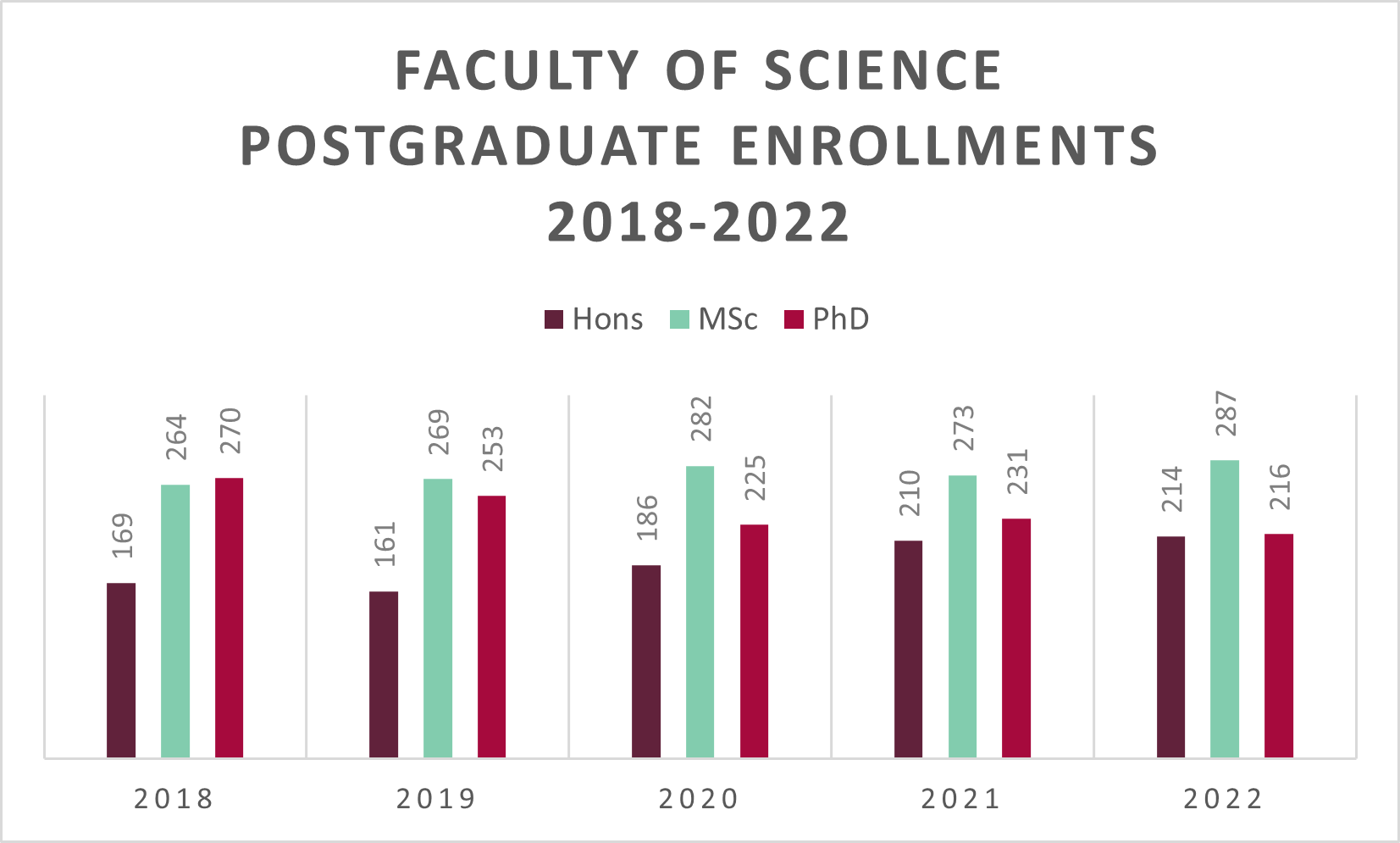
SU is committed to develop the next generation of South African scientists - a group of innovative and critical thinking men and women who can play an active role in the development of the South African society and who will become catalysts in the process of creating the knowledge-intensive economy that is so crucial to South Africa's growth and development.
By the time science students reach postgraduate level, they are often responsible for funding their own fulltime studies, as financial resources on this level are not readily available. Postgraduate students mostly rely on funding from their employing companies (should they be in the industry already); from the univeristy itself; or traditionally from government institutions such as the Council for Scientific and Industrial Research (CSIR), the National Research Foundation (NRF), the Water Research Commission (WRC) and the Medical research Council (MRC).
Therefore the Faculty of Science has launched the Catalyst Fund for Science in our centenary year to support qualifying and deserving postgraduate students. Through the Catalyst Fund we want to support sustainable postgraduate research that benefits society nationally, impacts on a global scale, and creates a culture of innovation. With your support we can continue to contribute scientists to change South Africa and the world.
Request for support
In order to be able to offer the following bursaries to its postgraduate students, the Faculty require approximately R11m per annum.
| BSc Honours Up to R30 000 p.a. (1 year) | Master's degree Up to R80 000 p.a. (2 years) | Doctorate Up to R100 000 p.a. (3 years) |
|---|
|
Our request to you is to consider funding a full bursary or a contribution towards this Fund. To make an online contribution, click here.
Then:
- Select an option: choose Faculties and Schools; and
- Select type: choose SCIENCE; and
- Select from SCIENCE: choose Catalyst fund for Science
IContact persons
Prof Burtram Fielding
Dean: Faculty of Science
| Candice Egan Fundraiser, Development and Alumni Relations, SU Send email |

